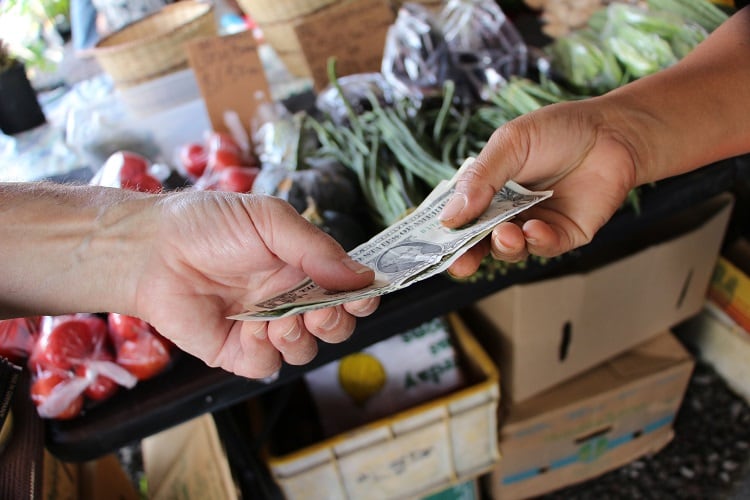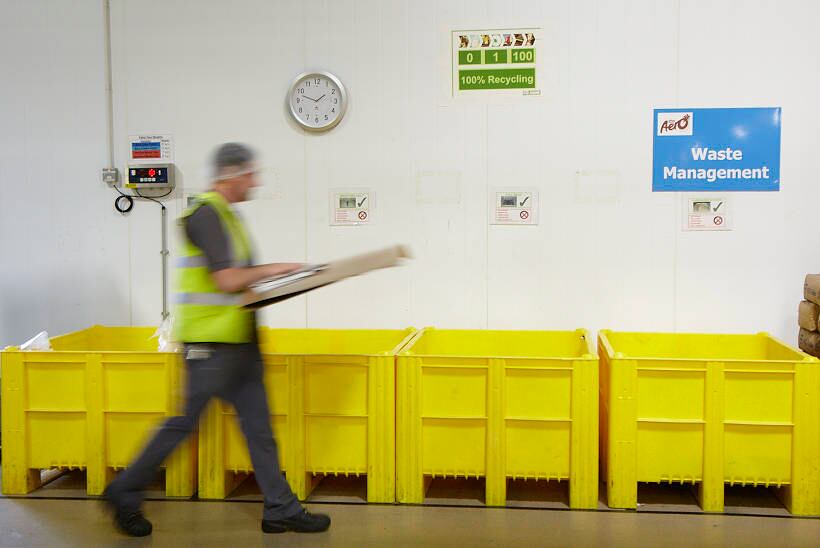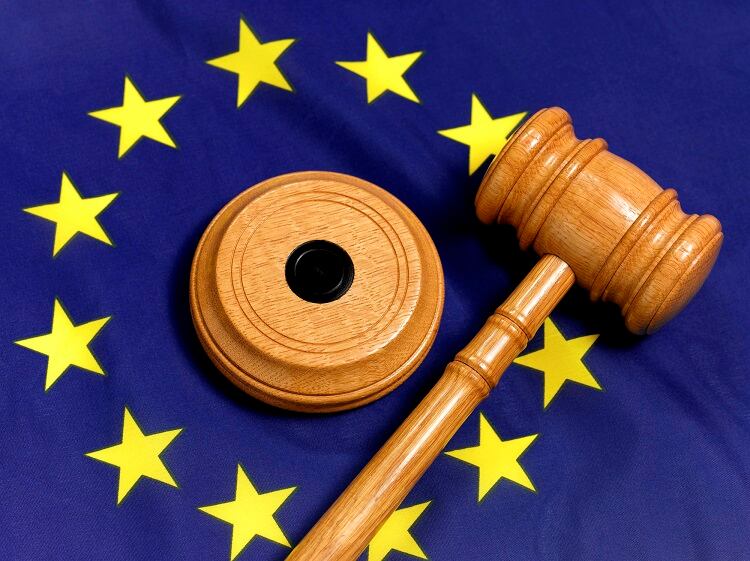The European Commission has put forward a proposal to make pricing information more transparent for agri-food products. The initiative aims to improve fairness in the food supply chain.
According to the proposal put forward on 22 May, each Member State will be responsible for collecting price and market data, in their respective country, for selected supply chains. This includes for eggs, meat, dairy, fruit and vegetables, arable crops, sugar, and olive oil.
The Commission says these measures have a wider scope than existing data collection systems and procedures already in place.
Member States will be required to communicate collected data to the Commission for its agri-food data portal and EU market observatories platforms. The Commission “recommends that Member States choose the most cost-effective approach and do not target small and medium-sized enterprises to reduce the administrative burden”.
The proposal is available for public consultation for four weeks, before being instated in the second half of 2019.
Cost clarity for farmers
The proposal responds to the need for improved clarity in cost and pricing. Buying and selling price differences can provide information about intermediary costs – such as transport, insurance, and storage – between a seller and buyer, the Commission wrote.
Agriculture and Rural Development Commissioner Phil Hogan said strengthening the position of farmers in the food supply chain is a priority. “Enhancing market transparency will allow equal access to and greater clarity about price information, making our food chain fairer and better balanced.
“These new rules will complement the recently adopted directive banning unfair trading practices in empowering weaker and smaller actors of the food supply chain and their introduction reflects the very significant public support that there is throughout the EU to strengthen the role of the farmer in the supply chain.”
- According to an EU-wide opinion poll published in February 2018, 88% of respondents considered that strengthening farmers’ role in the food supply chain is important.
- In a 2017 public consultation on the modernisation of the common agricultural policy (CAP), 96% of respondent agreed that improving farmers’ position in the value chain should be an objective.
A sticky situation for sugar growers?
The European Association of Sugar Manufacturers (CEFS) has “welcomed the spirit” of the regulation, however has challenged the Commission’s proposal to distinguish between long- and short-term contracts and to introduce weekly buyers’ prices for secondary processors, biofuel producers, and retailers.
“The immediate publication of [short-term contract information] would allow sugar users to compare sale prices in near-real time, granting then an additional lever to push them downwards.
“Indeed, revealing contract prices during a period in which negotiations are ongoing would run completely counter to EU competition law,” noted CEFS.
And while CEFS supports the introduction of notifications downstream in the sugar supply chain, where currently no such obligations exist, the association believes that publishing buyers’ prices would serve as an additional price benchmark for secondary processors.
“The notification of our clients’ purchase prices would not bring critical information for the comprehension of the market, since the buyers’ prices must in principle reflect logistical costs, costs for commercial services, and transport, in addition to the sales price.
“Quite the contrary: buyers’ prices would do nothing less than chip away at price recovery for the sector during times when the market should be strengthening, and push prices yet further down at times of imbalance.”
Moves to improve market transparency should strengthen the position of farmers and primary processors, who are inextricably linked in Europe’s sugar beet sector, CEFS continued. “We therefore ask the European Commission that increased market transparency contributes to the proper management of the EU sugar market.
“We object strongly to any initiative that is intended to serve as a low-cost substitute to effective management of the sector during a time of unprecedented crisis.”





